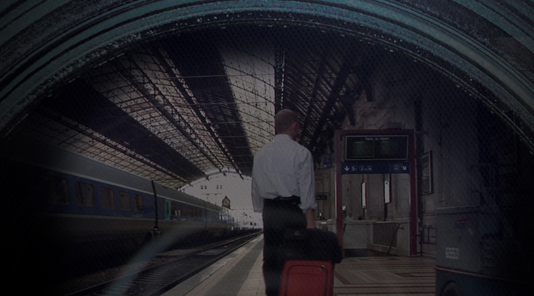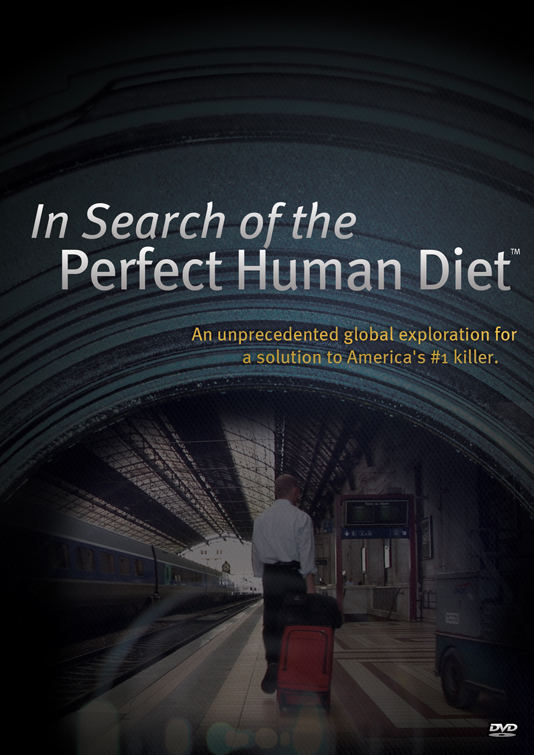New to Paleo? A few links to get you started
 Tuesday, June 19, 2012 at 05:17PM
Tuesday, June 19, 2012 at 05:17PM The ancestral diet, also known as the Paleo diet, is an approximation of the original diet of our ancestors living before the development of agriculture and animal husbandry around 10,000 years ago. They ate lean meats, fish, fruits, vegetables, nuts, and berries. Studies reveal our ancestors were taller and healthier than people today. Below are some books, websites, and a DVD to help you learn about this new - and yet very old! - approach to nutrition.
BOOKS
The Paleo Diet: Lose Weight and Get Healthy by Eating the Foods You Were Designed to Eat (2010) - Dr. Loren Cordain is a top expert on the nutrition of our ancestors. This book should serve as the main gudie for the Paleo diet.
The Paleo Answer (2012) - Dr Cordain’s new book provides more detail and answers common questions about the Paleo diet.
The Paleo Diet Cookbook: More than 150 recipes for Paleo Breakfasts, Lunches, Dinners, Snacks, and Beverages by Loren Cordain, Nell Stephenson, and Lorrie Cordain.
Primal Blueprint Quick & Easy Meals. This primal cookbook was written by Mark Sisson and Jennifer Meier.
WEB SITES
Marks Daily Apple – this very popular site covers diet, fitness, and other aspects of primal health. Check theSuccess Stories link, especially The Unconquerable Dave.
Everyday Paleo – this popular site by Sarah Fragoso has plenty of recipies. Sarah is also the author of the Everyday Paleo cookbook and Paleo Pals, the first children’s book on Paleo nutrition.
MOVIE (DVD)
At the age of 24, CJ Hunt had a health crisis - one that led him to explore a number of human diets is search of the best possible choice to achieve a “longer, healthier and happier” life. The movie, In Search of the Perfect Human Diet, documents his journey. Ready to learn why the Paleo diet may be the best for you? Hunt has already done a lot of the groundwork for you. Order your DVD here or ask your local library to order it.
If you are on a special diet for health reasons, discuss the Paleo diet with your doctor before making changes. Also discuss with your doctor if you have high blood pressure or diabetes since your medications may need to be lowered. Also, if you are on Coumadin or have hemochromatosis, discuss this diet with your doctor before you start.
 CJ Hunt,
CJ Hunt,  Paleo diet,
Paleo diet,  Primal diet in
Primal diet in  Nutrition
Nutrition 



